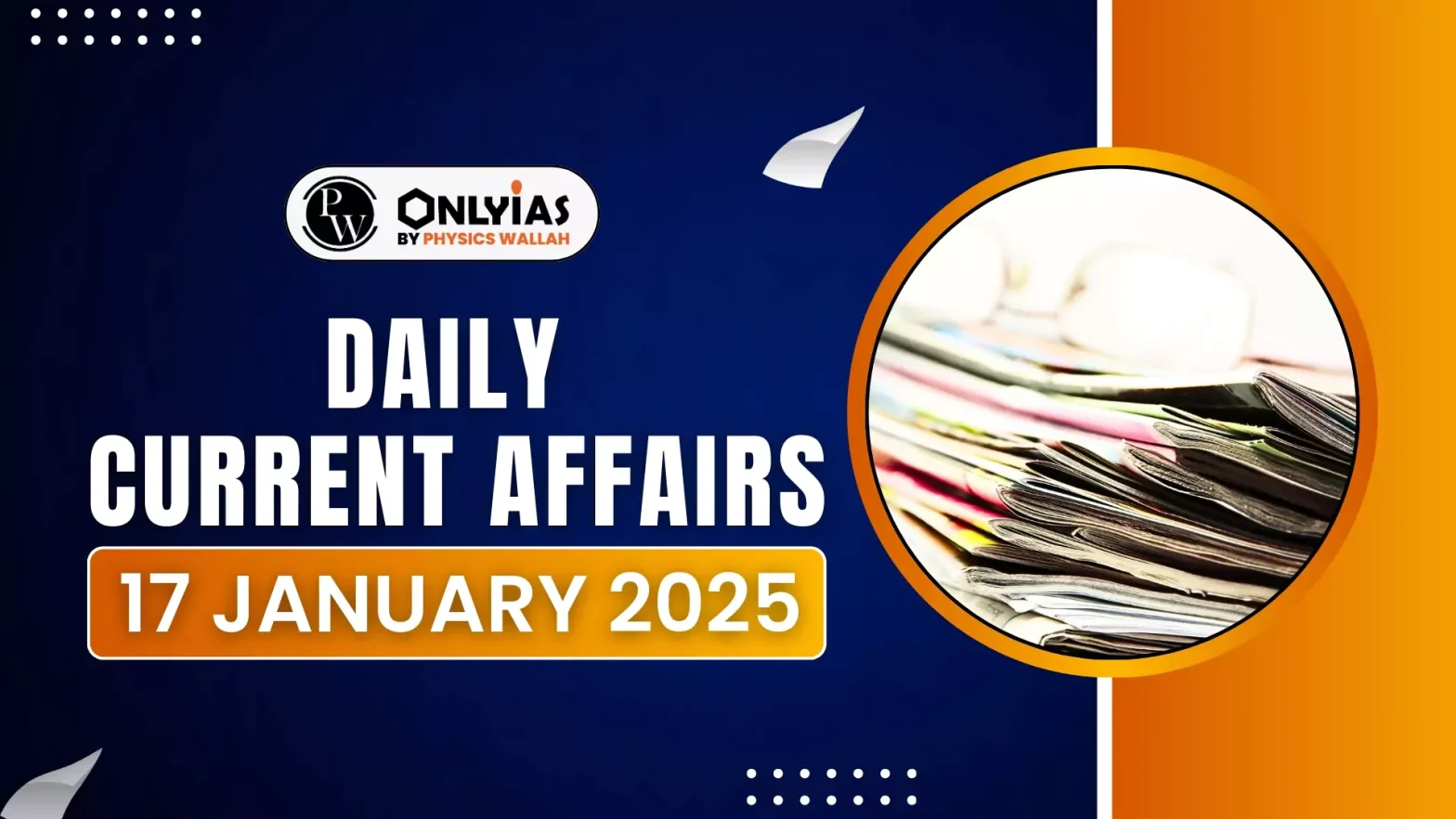The death sentence awarded by a Yemen court to nurse Nimisha Priya from Kerala, and the subsequent debates and efforts surrounding her acquittal and repatriation, have brought the focus back on ‘blood money’ and its implications.
About Blood Money
- Blood money’, or diya, is a practice in Islamic law requiring the perpetrator of a crime to pay a fixed amount of money to the victim or their family, especially in cases of unintentional murder or culpable homicide.
- It is not a price on human life but aims to alleviate the victim’s family’s suffering.
- Invocation: It is invoked when the victim’s family decides not to seek retribution (qisas) and is typically used in cases of accidental death or murder.
Enroll now for UPSC Online Classes
Sharia Law on ‘Blood Money’

- Under Islamic Sharia law, diya is paid in cases of homicide and is part of a broader legal framework where the community and state retain the right to impose punishment.
- Factors Affecting Blood Money:
- Gender, religion, and nationality of the victim can influence the amount to be paid.
- Different Islamic countries have varying practices, such as in Saudi Arabia, Iran, and Pakistan.
- Amount: There is no fixed sum stated in the Quran for diyya; it is typically negotiated between the families of the victim and the perpetrator.
Examples from Islamic Countries
- Saudi Arabia: Payment for road accidents and workplace accidents, with amounts fixed by the Sharia courts and special committees.
- Iran: Women’s compensation is half of that for men. The country has discussed efforts to equalize diya, but full implementation is still pending.
- Pakistan: Diya and qisas are included in mainstream criminal law under the Criminal Laws (Amendment) Ordinance, 1991.
- Yemen: Compensation can be decided by the parties with judicial oversight to ensure fairness.
India’s Legal System and Blood Money
- Absence of Formal Blood Money: India does not formally recognize diya within its legal system.
- Plea Bargaining: India allows a negotiated settlement where the accused pleads guilty in exchange for a reduced sentence, but it does not directly equate to blood money.
- The Criminal Law (Amendment) Act, 2005 introduced plea bargaining, which can allow the victim to receive compensation (Section 265E).
- Limitations: Plea bargaining cannot be used for offence which is punishable with life imprisonment or imprisonment of more than seven years or with death.
Global Historical Precedents
- Ireland (Brehon Law): Éraic (body price) and Log n Enech (honor price) were similar concepts that allowed payments based on the severity of the offense and the victim’s social status.
- Wergeld (Germany): A compensation system in medieval Germany resembling blood money where compensation was paid to the victim’s family in cases of homicide or other serious crimes.
Check Out UPSC NCERT Textbooks From PW Store
Cases Involving Indians and Blood Money
- Arjunan Athimuthu (Kuwait, 2019): His death sentence was commuted to life imprisonment after ₹30 lakh in blood money was paid.
- Abdul Rahim (Saudi Arabia, 2006): His death sentence was reduced after ₹34 crore in blood money was paid.
- UAE Cases (2017-2019): Several Indians were pardoned after paying substantial amounts as blood money, with one case involving ₹4 crore for 17 Indians.
Legal and Ethical Considerations
- Ethics of ‘Blood Money’: Whether it commodifies human life or whether it serves as a mechanism for restitution and reconciliation in a society bound by religious law.
- Judicial Oversight: While the practice is common in Islamic nations, its fairness and potential for exploitation (e.g., gender-based inequality in compensation) are often discussed.
![]() 17 Jan 2025
17 Jan 2025


